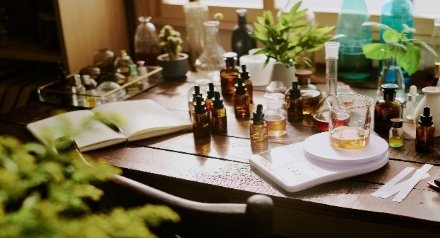










Our Global export market
We provide our services all over the world. Where we can serve you ?
Contact Us
17 January 2025

Establishing a robust partnership with essential oil wholesale suppliers in Dubai is pivotal for businesses aiming to deliver high-quality products to their clientele. Dubai’s strategic location and burgeoning market make it an ideal hub for sourcing premium essential oils. To foster a successful collaboration, consider the following comprehensive guide:
1. Conduct Thorough Market Research
Begin by identifying reputable essential oil wholesale suppliers in Dubai. Utilize online directories, industry publications, and trade shows to compile a list of potential partners. Assess their market presence, product range, and client testimonials to gauge reliability.
2. Evaluate Product Quality
Quality is paramount in the essential oil industry. Request samples from shortlisted suppliers to evaluate the purity, aroma, and consistency of their oils. Ensure they provide certifications such as GC/MS (Gas Chromatography/Mass Spectrometry) reports to validate authenticity.
3. Assess Compliance with Standards
Verify that the supplier adheres to international and local standards. Compliance with ISO certifications and Good Manufacturing Practices (GMP) indicates a commitment to quality and safety. This ensures that the products meet regulatory requirements and consumer expectations.
4. Understand Sourcing and Sustainability Practices
Inquire about the supplier’s sourcing methods. Ethical and sustainable sourcing not only supports environmental conservation but also appeals to conscious consumers. Suppliers who prioritize fair trade and sustainable harvesting practices demonstrate corporate responsibility.
5. Evaluate Pricing Structures
Analyze the supplier’s pricing in relation to market rates. While competitive pricing is essential, be cautious of prices significantly lower than the market average, as this may indicate compromised quality. Transparent pricing structures reflect the supplier’s integrity and business ethics.
6. Review Packaging and Labeling Options
Packaging plays a crucial role in product preservation and brand representation. Ensure the supplier offers packaging solutions that maintain oil integrity and align with your brand aesthetics. Proper labeling, including botanical names and extraction methods, is also essential for consumer trust.
7. Assess Communication and Responsiveness
Effective communication is the cornerstone of a successful partnership just like Ashwani LLC. Evaluate the supplier’s responsiveness to inquiries and their willingness to provide detailed information. A supplier who values open communication is likely to be a reliable partner.
8. Understand Minimum Order Quantities (MOQs) and Flexibility
Determine the supplier’s MOQs to ensure they align with your business needs. Flexibility in order quantities can be beneficial, especially for small or growing businesses. Discussing these terms upfront prevents future misunderstandings.
9. Verify Delivery and Logistics Capabilities
Timely delivery is critical to maintaining inventory levels and meeting customer demands. Confirm that the supplier has robust logistics and can deliver products within agreed timelines. Reliable suppliers often have established networks to facilitate smooth operations.
10. Establish Clear Contractual Agreements
Once a suitable supplier is identified, draft a comprehensive contract outlining terms of engagement, including payment terms, delivery schedules, quality standards, and dispute resolution mechanisms. Clear agreements protect both parties and lay the foundation for a long-term partnership.
By meticulously following these steps, businesses can cultivate successful partnerships with essential oil wholesale suppliers in Dubai, ensuring a consistent supply of high-quality products that meet market demands and enhance brand reputation.












